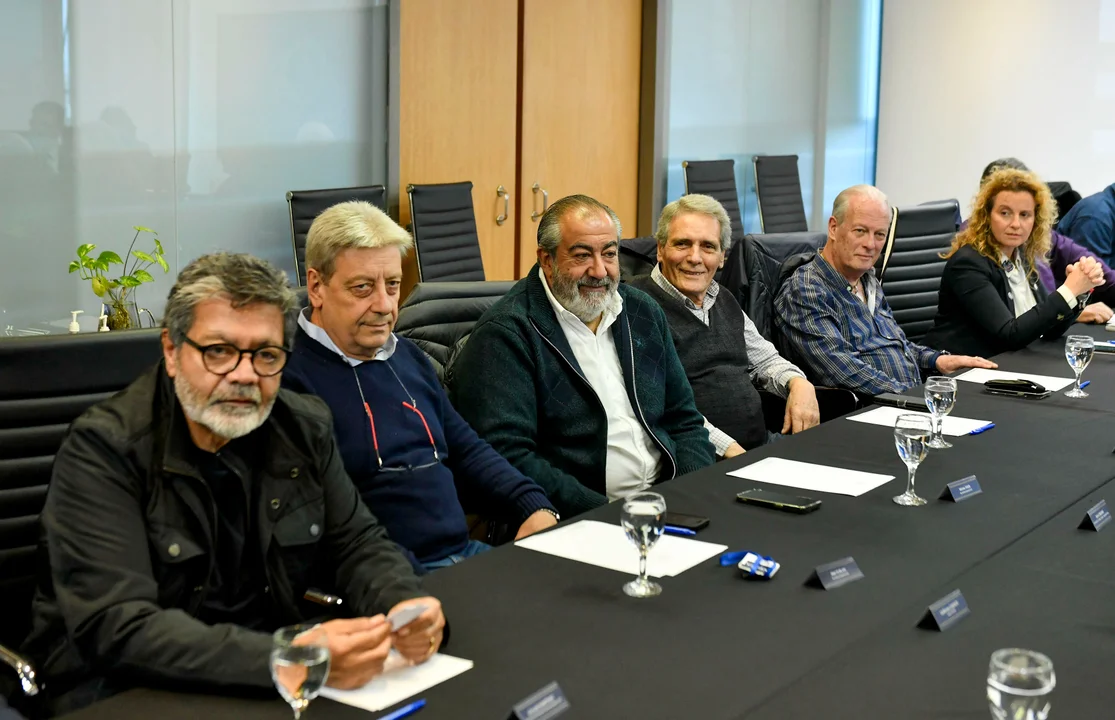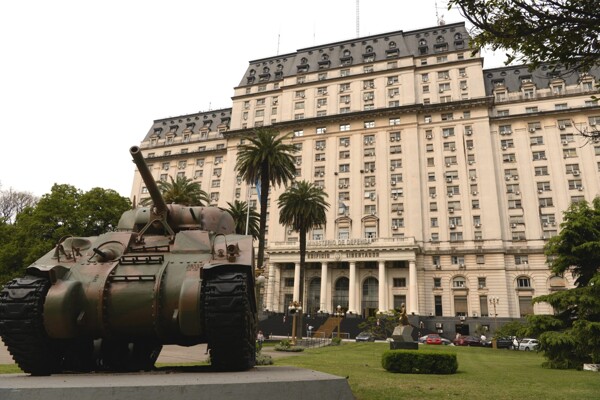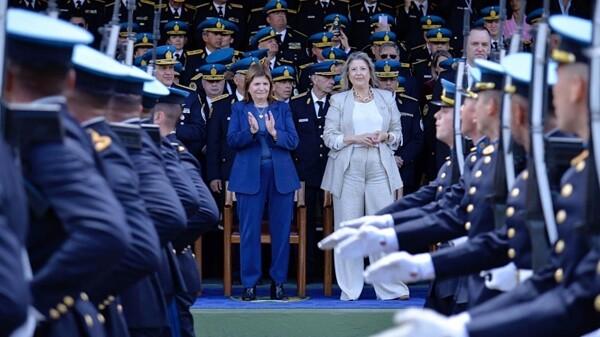
Tomorrow, the General Confederation of Labor (CGT) will hold its national congress at the Club Obras Sanitarias de la Nación stadium in the Buenos Aires neighborhood of Núñez, where its leadership for the 2025-2029 period will be decided. This is a key moment for the central labor organization, as its political and social influence on the working class will largely depend on the credibility of the resulting leadership. In the context of this meeting, held against the backdrop of President Javier Milei's labor reform, the CGT needs to strengthen its institutional framework and key figures to negotiate or resist the package of measures. During a last-minute meeting, differences with Cavalieri were smoothed over, while Barrionuevo remains outside the core leadership circle. The new triumvirate is expected to consist of Cristian Jerónimo (Glassworkers' Union) and Jorge Solá (Insurance), with the third position still under discussion. The leadership of the triumvirate will be marked by the challenge of articulating a common strategy towards the government while preserving union unity, which has shown signs of fracture in recent months. Analysts point out that beyond the choice of names, what is at stake is the role the CGT will assume for the next four years: will it be an actor of dialogue and negotiation, or will it adopt a more confrontational stance towards the Executive? 2,186 delegates from 210 unions are eligible to vote for the new leadership and 50 strategic positions (36 secretariats and 14 vocal seats). Internal debate axes include the distribution of positions, gender representativeness, and the mobilizing capacity of the two major factions. Within the CGT, 'dialogist' currents, more inclined towards institutional agreements, and 'combative' sectors coexist, which warn against any rollback of rights in the face of the labor reform promoted by the national government. Whatever the outcome, tomorrow's congress will be a turning point for the CGT in an era of structural reforms. If the triumvirate with Jerónimo, Solá, and a third yet to be defined is approved, the central body will seek to show generational renewal and capacity for dialogue.













